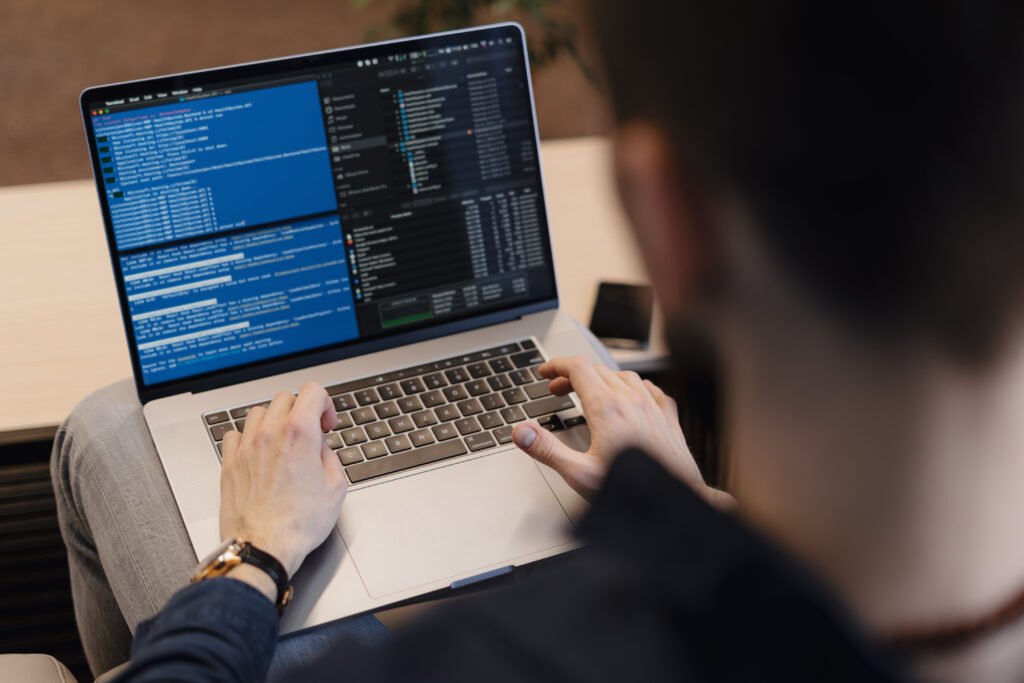Covid-19 has affected the lives of ordinary individuals and healthcare professionals alike. As more information and discoveries present themselves, we are finding new ways to combat what has made 2020 a difficult year for the world at large. Interestingly, technology has played a crucial role in mitigating the spread of the virus, as well as easing the pressure felt by hospitals and households during this time.
During the first wave of Covid-19 there was a collective desire to learn more about the virus, as well as how to stop its spread and its devastating effects. Now, scientists and healthcare institutions are leveraging the potential that technology offers. This suggests that technology is not only an effective means of fighting the novel coronavirus, but that it has amazing potential to aid efforts against future pandemics. Here are some of the technologies that have been particularly helpful around the world.
Healthcare Paging Solutions
A hospital or clinic with a healthcare paging system is better able to maintain and enforce social distancing. Because the coronavirus is highly contagious in close contact, social distancing is regarded as one of the key measures in preventing its spread. A healthcare paging system allows individuals to keep a safe distance between one another, and allows hospitals to control the number of people in a space at any given time. Patients and visitors can be notified, from a distance, when staff is able to assist them, or when they can move into the next room or ward. This is particularly important in a healthcare setting, as there is a higher probability of people having the coronavirus or being at risk of contracting it. Furthermore, hospitals have seen an increase in visitations during the pandemic, so controlling the amount of people in a given area is crucial.
Remote Medical Advice
As with healthcare paging solutions, technologies like instant messaging and video calling have made it possible for healthcare professionals to carry out some of their duties while maintaining social distancing. We’ve gotten accustomed to team members being able to hold meetings remotely, but this function extends to patients and healthcare professionals. Hospital staff is able to provide advice and counseling to patients who are in isolation and quarantine, effectively transforming the nature of consultation. Additionally, ‘telemedicine’ (as it is called) provides relief to hospitals and practices that are already pressed for capacity by reducing the need for in-person visits.
Smartphone Contact Tracing
In many countries, smartphone tracking has been employed as a helpful method of contact tracing. Because coronavirus has spread so widely, it is no longer adequate to rely on conventional means of tracing. Authorities have begun to use smartphone tracking to discover where individuals have been and who they might have come into contact with. This process allows them to alert those who have potentially been impacted, giving them the chance to get tested and isolate or quarantine if necessary. Effective contact tracing is considered one of the key elements of responding to Covid-19, as it can prevent the spread of the virus. sprunki horror Endless Fun Awaits!



